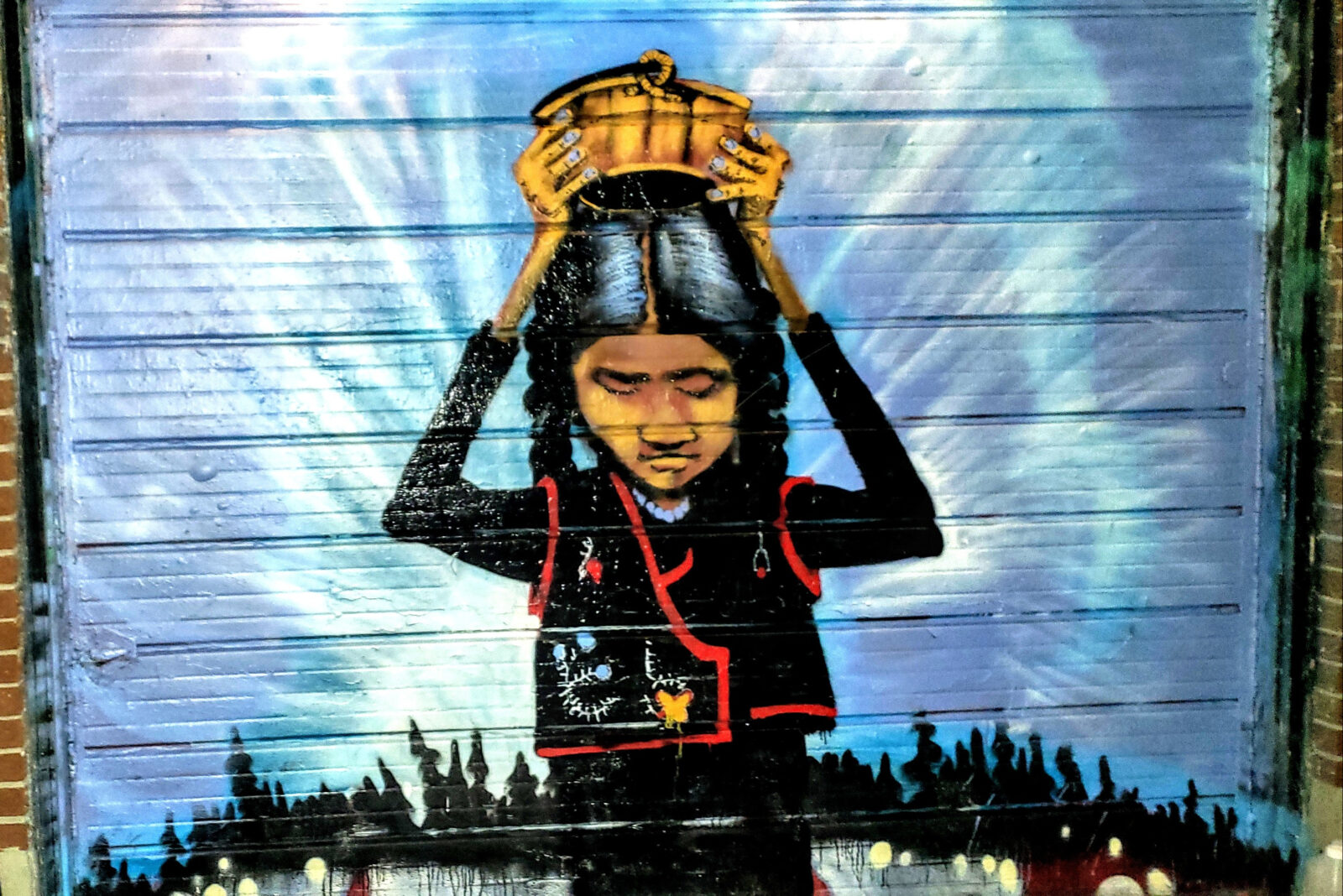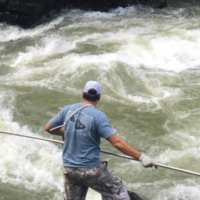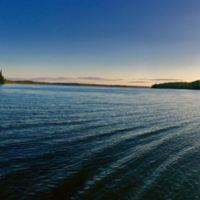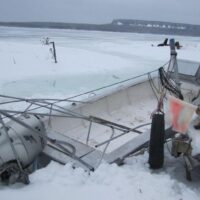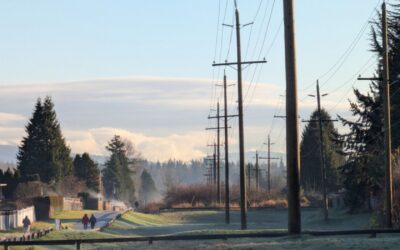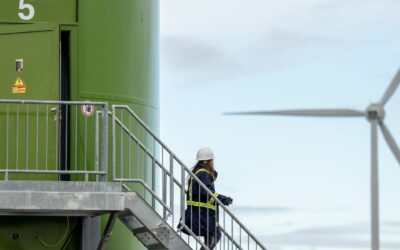Climate change is disproportionately impacting Indigenous people, communities, and territories—and Indigenous researchers and knowledge keepers are leading the development of land-based and culturally rooted responses. To amplify the crucial work of these researchers and knowledge keepers, the Canadian Climate Institute has published four new case studies in our Indigenous Perspectives series that showcase exemplary work on climate research and policy:
- In “Gitxsan Rez-ilience: Understanding climate resilience as Naadahahlhakwhlinhl (interconnectedness),” Janna Wale examines how global warming is impacting the seasonal round of land-based activities that have sustained Indigenous Peoples since time immemorial. She draws on interviews and surveys with Gitxsan community members to propose a more holistic, practical, and strength-based understanding of resilience, or “rez-illience”—one that has Indigenous perceptions, values, and worldview at its centre.
“The key, moving forward,” Wale writes, “is to approach resilience to climate change with the same strength of spirit that the ancestors embodied. Look to the teachings in the seasonal round and know that there is a time for everything. Look to the teachings of values and culture and know that resilience is built into Indigenous identities. Look at all we have been through as Indigenous people—and we are still here.” - In “ʔuyaasiłaƛ n̓aas, or Something happened to the weather: Applying the wisdom of Indigenous place names in a changing climate—lessons from the Ahousaht First Nation’s Land Use Vision process,” Tara Atleo looks at how Indigenous place names can inform land use planning processes through the identification of ecosystem services, culturally significant areas, and areas with specific vulnerability to climate change. Atleo suggests that through language and the stories, histories, and values it embodies, “we can better understand climate change and our response to it, within the living moral principles and teachings of effective stewardship, so that we might better strive for oneness with the environment around us.”
- “A Two-Roads Approach to Co-Reclamation: Centring Indigenous voices and leadership in Canada’s energy transition” is a remarkable collaboration among 19 co-researchers, rights holders, and academics from Fort McKay First Nation, the University of Calgary, and the University of Waterloo. The case study presents and describes the process that informed the co-creation of a series of intercultural planning tools to prioritize Indigenous voices and leadership in Canada’s energy transition. “While Fort McKay co-researchers shared a unified voice that historic and contemporary mine reclamation and closure planning in their traditional territory does not currently meet the community’s land use needs,” the authors conclude, “the Co-Reclamation Project’s intercultural planning activities and meaningful inclusion of Fort McKay provided hope for improved reclamation outcomes for future generations.”
- Finally, “The Bagida’waad Alliance: Finding our way in the fog and charting a new course” by Natasha Akiwenzie is a moving work of Indigenous autoethnography. Natasha shares her story of personal reinvention in her move from fisher to climate educator in response to the dramatic impacts of warmer and windier weather on her life and livelihood in Neyaashiinigmiing, Ontario.
It is notable—and for us, a point of pride—that all four of this year’s case studies were authored or co-authored by Indigenous women. This was not a deliberate choice when we selected these four case studies among the many excellent applications we received this year, but it does speak to the many ways in which Indigenous women in particular are stepping up and modelling the shared leadership and collective action that climate change demands of all of us. We can all learn much from leaders like these.
The Canadian Climate Institute is committed to ensuring that our work supports Indigenous self-determination, and that Indigenous ways of knowing, being, and doing are reflected in policy recommendations. We recognize that this work must be led by and for Indigenous people, and welcome this opportunity to showcase leading practitioners and researchers like those featured here.
Shianne McKay is a member of the Canadian Climate Institute Council of Advisors, Senior Project Manager at the Centre for Indigenous Environmental Resources (CIER), and an Ojibway member of the Treaty 2 and 4 community and Pine Creek First Nation in Manitoba. CIER is Canada’s first Indigenous-directed environmental non-profit charitable organization. CIER was founded in 1995 by 10 First Nation Chiefs from across Canada. CIER supports Indigenous people and communities to be leaders of positive environmental change, using the best of Western and Indigenous knowledge to create a world that is in balance and supports the well-being of all living things. Since 1995, CIER has worked on 450 projects with over 300 Indigenous nations across Canada.
David Mitchell is a Senior Communications Specialist with the Canadian Climate Institute and lives on Treaty 4 Territory in Saskatchewan.
